News feed
“Treated as equal partners when working with Japanese researcher colleagues”
2020. 01. 28.VBK's PhD student studied a new, innovative technology for the storage of alternative fuels with the help of the Campus Mundi internship programme.
”I learnt about a special method of producing organometallic cross-linked composites, with the help of Japanese experts. This method is a significant step forward in my scientific research, in which I focus on new solutions for storing alternative fuels”, Andrea Domán, PhD student of the Surface Chemistry Group at the Department of Physical Chemistry and Materials Science of BME's Faculty of Chemical Technology and Biotechnology said when summing up her research goals. As a grant awardee of the Campus Mundi internship programme she recently travelled to Nagano (Japan) to visit the research group of Professor Katsumi Kaneko at Shinshu University, whose research activities are related to her postgraduate studies.
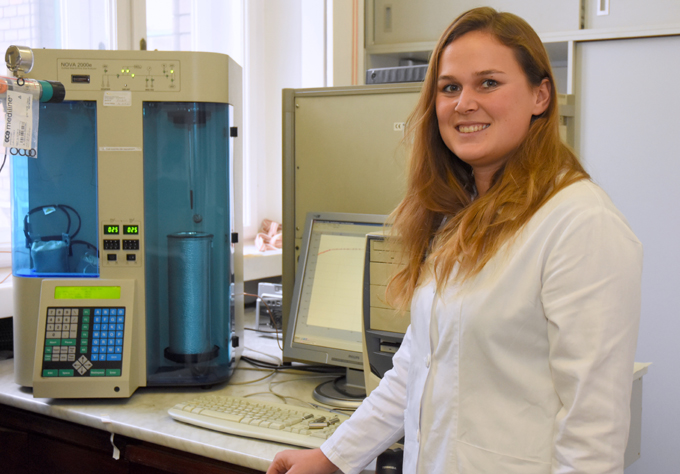
|
Campus Mundi Study trips abroad must be at least 3 months long (90 days) excluding travel. Grants may be awarded for a maximum of 5 months. For study trips outside Europe grants are available for a maximum of 5 months per academic year. |
Andrea Domán's research area is the development of adsorbents: these are porous materials with a large surface area, to which different sized molecules are bound. Her research focuses on gas molecules in this process. Her goal is to develop a composite for the storage of gases, for example methane, so that it can be placed in vehicles using alternative fuel. ”With current technologies it is only possible to use high pressure gas or liquefied fuel at a very low temperature, which is expensive and also highly risky in the case of motor vehicles, so filling fuel tanks with adsorbents could be a novel solution”, explained the PhD student of the Faculty of Chemical Technology and Biotechnology who is also a grant awardee from the New National Excellence Programme.
The Surface Chemistry Group has been collaborating with the experts of the Japanese research group for years within the framework of several international programmes, since both teams are involved in finding solutions to similar scientific problems. The Asian colleagues are researching a new method: developing an organometallic cross-linked graphene oxide composite for gas storage. ”The base mixture, created by adding graphene oxide with an atomic layer thickness to the organometallic substrate, is expected to increase stability against water and the thermal conductivity of the material”, Andrea Domán described the novelty approach of the Japanese researchers. Her research involves the development of a light blue crystal cross-linked material with excellent gas retention, made from copper ions in a diluted solution of an organic compound, from which she tries to create a graphene oxide composite. She added: there is still work needed to increase the efficiency of the new method, more precisely the measurement of the improved thermal conductivity, acquired by the Campus Mundi grant awardee during her short trip to Japan, but the first results are definitely promising.
Andrea Domán spent a month in Japan, which ”seems long, but is definitely not long enough for a researcher to become immersed in a topic. I opted for a tight schedule, because I wanted to make the most of every minute there. Luckily my Japanese colleagues were very open and helpful, which had a positive impact on my work. The local head of research gave me his whole-hearted support, trying to pass on as much knowledge as possible and create an inspiring environment for me”, the researcher said when sharing her experiences and memories of the internship, adding that during her trip she also participated in the Okinawa Colloids 2019 conference, where she presented her latest results in the poster session.
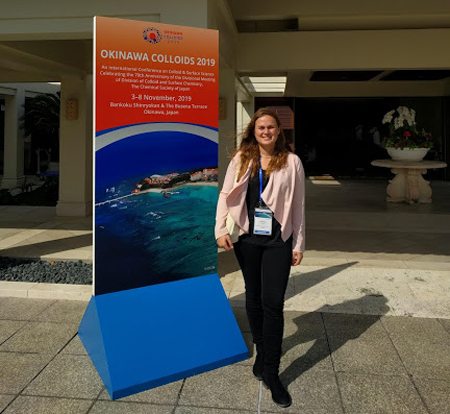
”The Campus Mundi grant gave me lasting memories both professionally and personally. I proved to myself that I was able to hold my ground on the other side of the globe, far away from my family and friends, in a culture different from ours”, the PhD student said in summary, adding that following a similarly successful study trip to Kazakhstan, she managed to overcome her own inner limitations once more. She explained that alongside her scientific activities she also established professional relationships: she met colleagues from Bosnia and China in a multicultural research group. In her spare time, mostly at weekends, she did some travelling. She visited the local and neighbouring prefectures, marvelling at their natural and cultural sights. ”It takes a lot of work and time to organise such a trip, because applicants are expected to find a sponsor and a host partner institution. In spite of these apparent difficulties I strongly recommend this programme to other students, who can look forward to unforgettable memories and research experiences”, Andrea Domán concluded in her interview to bme.hu, adding that she is set to continue working with her Asian colleagues: she is developing new organometallic cross-linked compounds, the thermal conductivity of which will be tested with the involvement of Japanese experts.
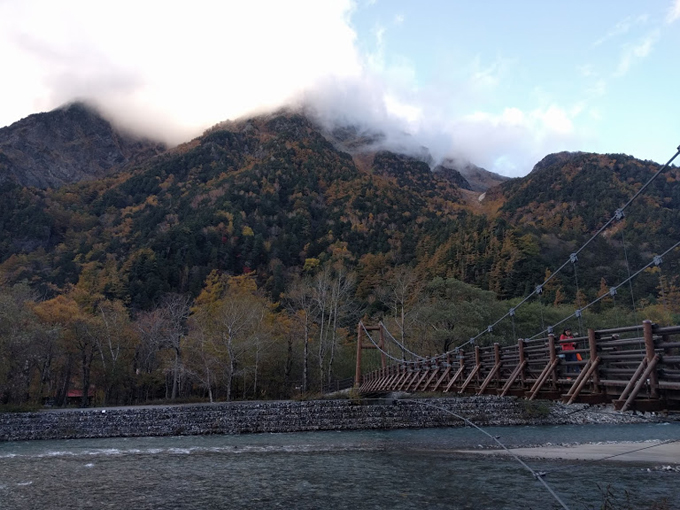
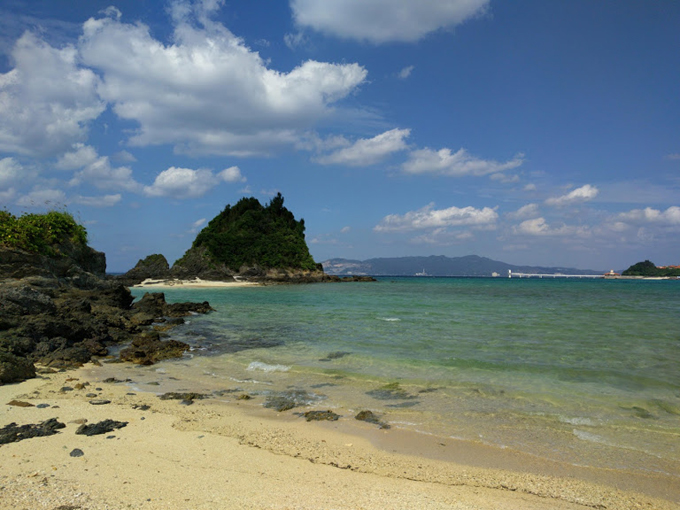
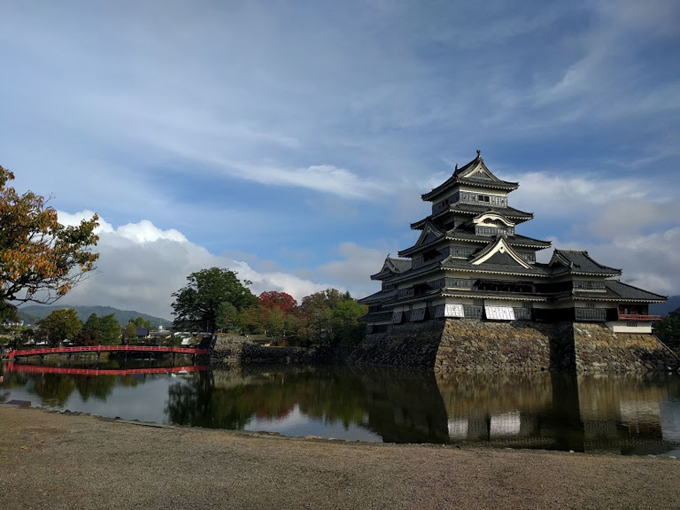
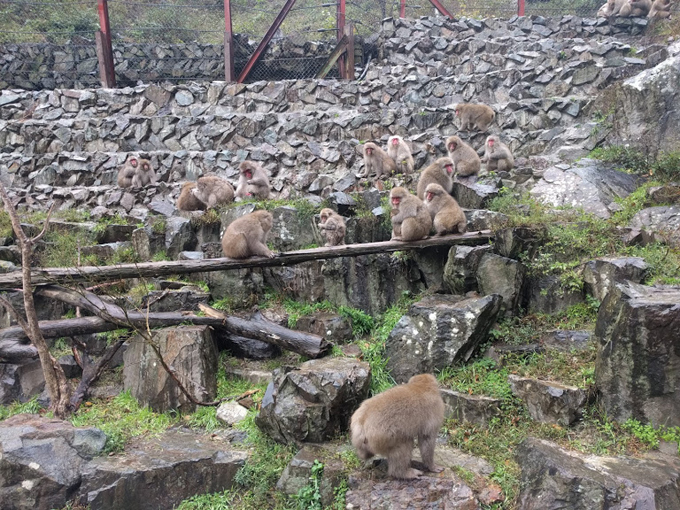
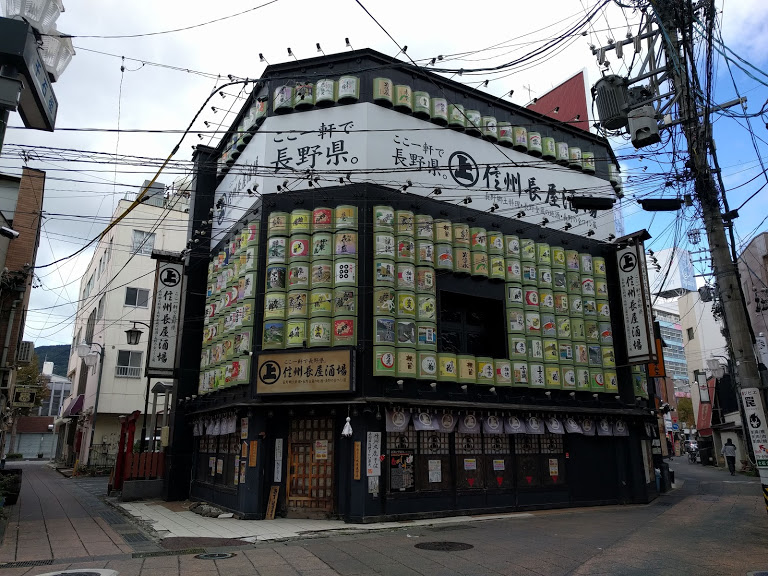
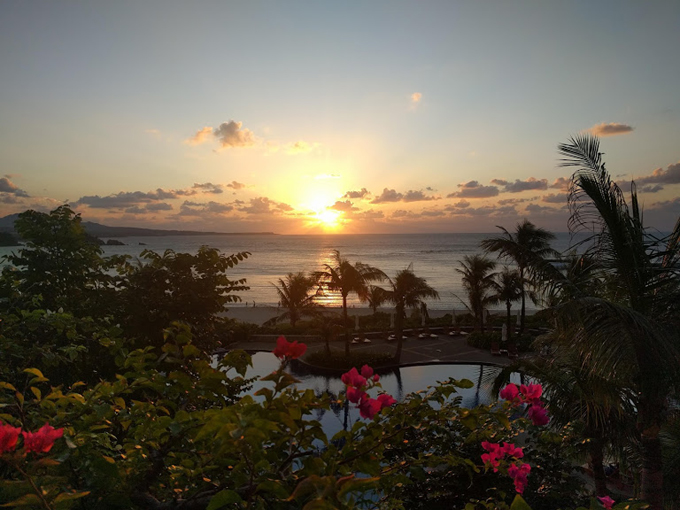
TZS-GI
Photo: Ildikó Takács
